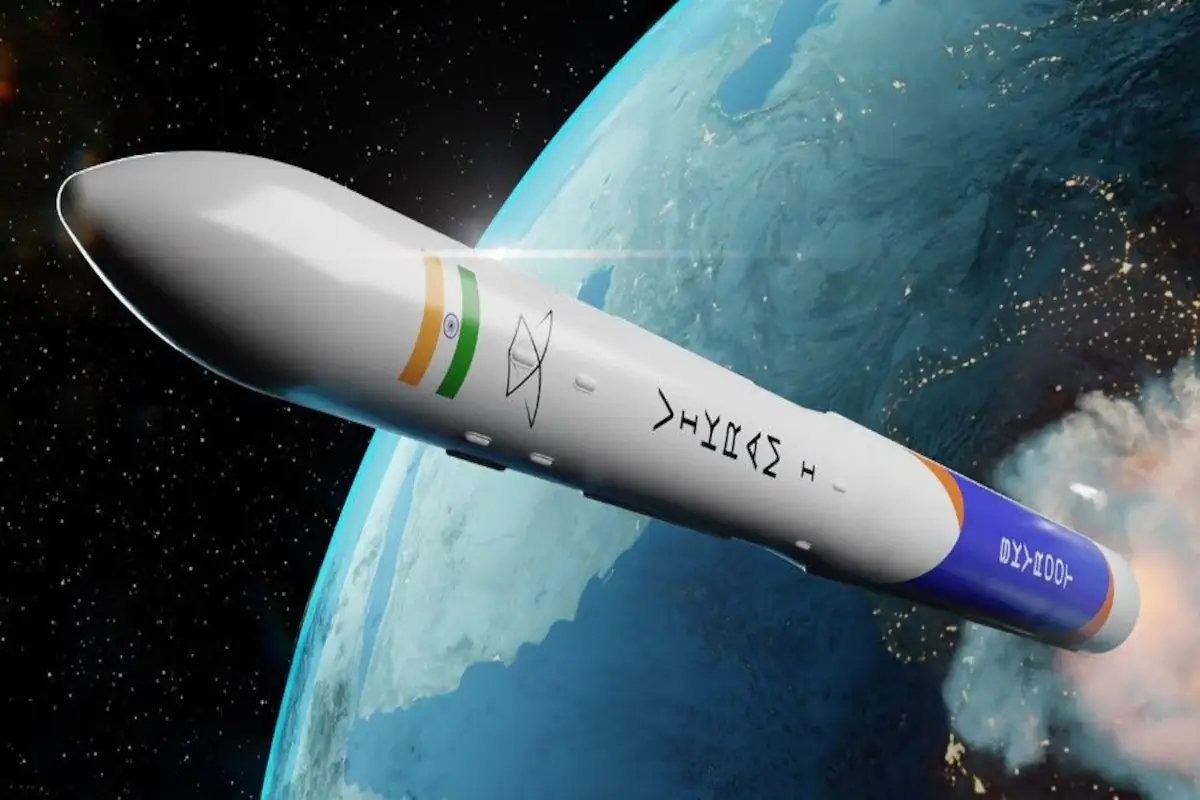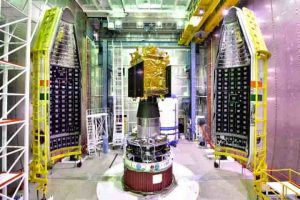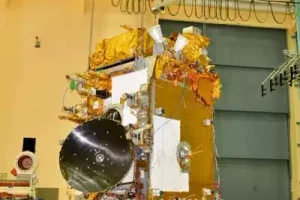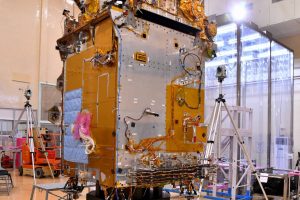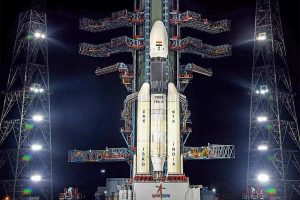India’s first privately developed rocket, Vikram-S, will be launched from Indian Space Research Organisation’s (ISRO) launchpad in Sriharikota near Chennai today.
India's FIRST PRIVATE ROCKET is set be launched today!
What does the entry of private players in space sector mean?
Space Expert Ratan Shrivastava explains on DD India pic.twitter.com/TNzoMFnp5n
— DD News (@DDNewslive) November 18, 2022
Developed over two years by startup Skyroot Aerospace, the launch will mark the debut of a private company into the country’s space industry. The space sector was opened to private players by the Centre in 2020.
Titled ‘Prarambh’ (the beginning), the mission would carry three payloads built by Andhra Pradesh-based N Space Tech India, Chennai-based startup Space Kids and Armenian BazoomQ Space Research Lab, Skyroot Aerospace said in a statement.
Vikram-S will soar to an altitude of 81 km after take-off and splash down after a five-minute flight. Vikram-S is a single stage solid fuel rocket meant to test nearly 80 per cent of all systems and processes before the launch of Vikram-1 scheduled for next year.
The launch on Friday will be sub-orbital, with the vehicle travelling slower than orbital velocity. On the other hand, Vikram-1 will be a much larger vehicle that will undertake orbital flights.
Vikram series of rockets developed by Skyroot is named after Vikram Sarabhai, the founder of the Indian space programme. These rockets are among the few launch vehicles in the world which have their core structure built using carbon composites. The thrusters used for spin stability in the vehicle have been 3D printed.
The rocket launch is expected to demonstrate flight proving of avionics systems in Vikram series like telemetry, Global Positioning System, on-board camera, data acquisition and power systems.
Skyroot Aerospace has raised Rs 526 crore capital so far. The company aims to “open space for all and is working towards a future where space becomes part of us,” the company said.
“Skyroot has been developing cutting-edge technologies like carbon composites and 3D printing for our space launch vehicles. And we have attempted to realise them within the Indian industry. Manufacturing to the required quality standards, within timelines hampered by Covid-19 and other factors, have been quite challenging in this journey,” the company statement added.
Terming the launch a “major milestone”, Dr Pawan K Goenka, Chairman of Indian National Space Promotion and Authorisation Center (IN-SPACE) said: “Already 150 private players have applied to be in the space of launch vehicle, satellites, payload and ground stations”.






